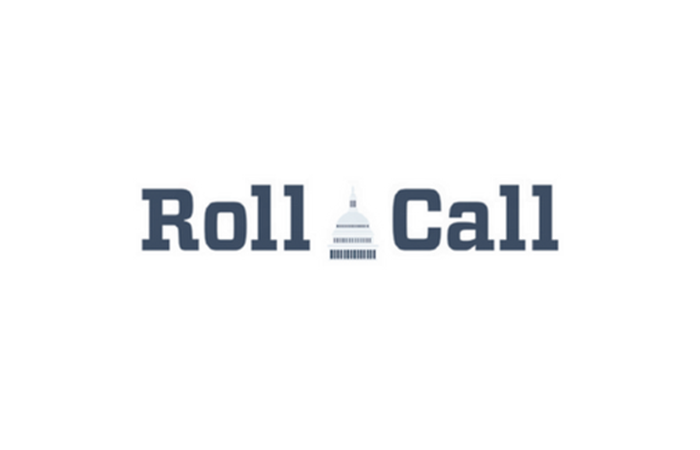By Joseph F. Dunford Jr., Frances F. Townsend and Michael J. Morell
As artificial intelligence (AI) reshapes the global landscape, America must seize the moment to lead AI’s development and deployment worldwide. By doing so, we can reinforce our alliances, secure our leadership in the technologies that will drive the 21st Century, and protect our national interests. To achieve this, we must leverage digital diplomacy, strengthen partnerships with the private sector, and deepen cooperation with our allies—all while countering the growing threats from China and Russia, who are working tirelessly to outpace us in AI and other critical technologies.
The U.S. government has recognized the need for collaboration with allied governments and the private sector to ensure the principled development of AI systems and build consensus on AI governance. Most recently, on the sidelines of the United Nations General Assembly (UNGA), Secretary Blinken, alongside eight leading AI companies, launched the Partnership for Global Inclusivity on AI (PGIA). The partnership recognizes the link between achieving global development goals and increasing access to AI models.
It also builds on the foundation of previous initiatives led by the United States such as the UNGA resolution on AI development and the G7 Hiroshima AI Process. These policies reflect an understanding that as digital technologies democratize across the globe, the U.S. approach to AI can act as a force-multiplier for the development of critical and emerging technologies that reflect our values.
But this important gain will only come true if we are the leading innovator of these technologies, especially in a diversity of AI models. For example, open-source AI plays a key role in fostering innovation and collaboration across sectors, helping to accelerate advancements in cybersecurity and AI-driven defense systems, which is critical as adversaries like China and Russia continue to target U.S. infrastructure. Incorporating both proprietary and open-source AI models into defense strategies ensures a robust and dynamic approach to safeguarding national security.
U.S. partnerships with the private sector are also critical for our national security, as adversaries flout the rules-based international order and increasingly use cyber capabilities to threaten U.S. infrastructure and economic activity. To best harness the private sector’s capabilities, the U.S. government should partner with our most innovative companies, while avoiding overregulation that stifles innovation. At the same time, more American tech companies—home to some of the greatest minds globally—must take an active role in advancing national security. Their innovation is crucial for protecting critical infrastructure and maintaining our technological edge. This mutual partnership between government and the private sector will ensure both innovation and national security are strengthened, positioning the U.S. to face global threats with unmatched capability.
